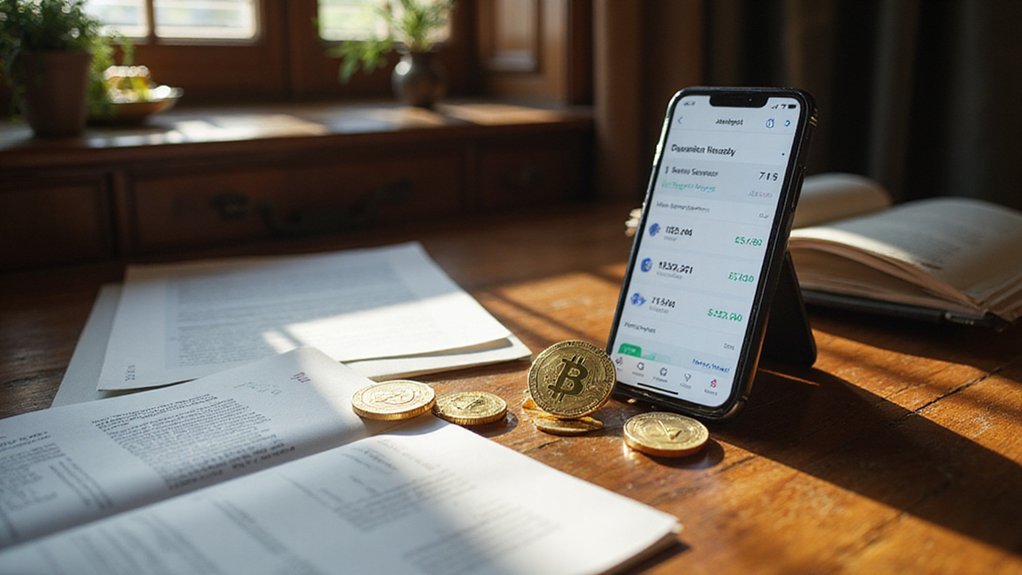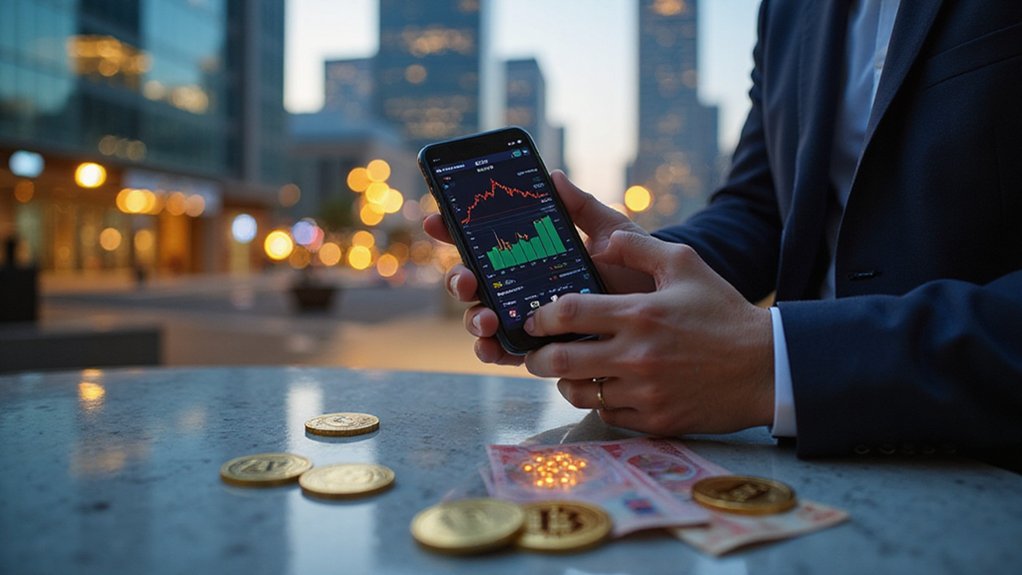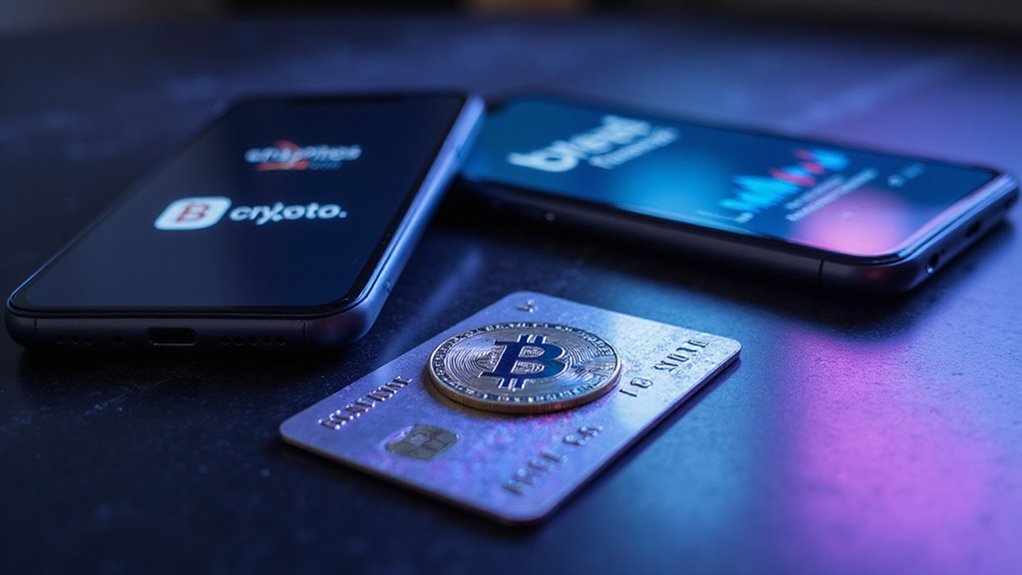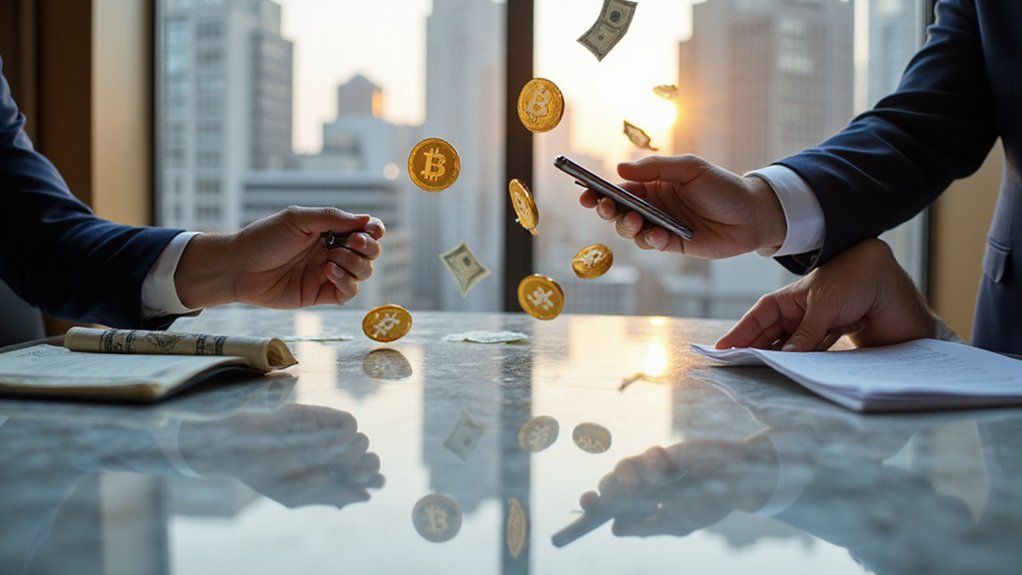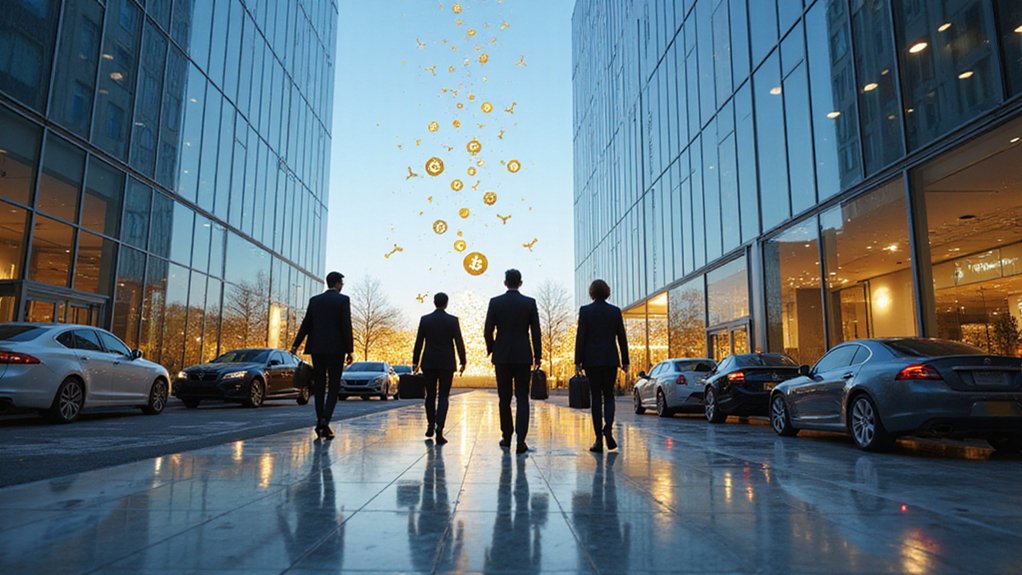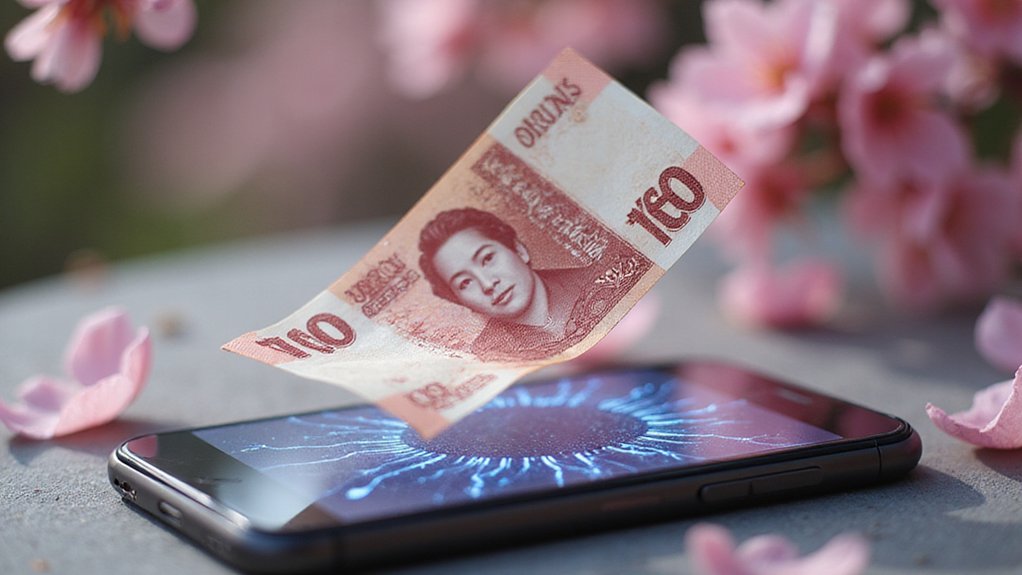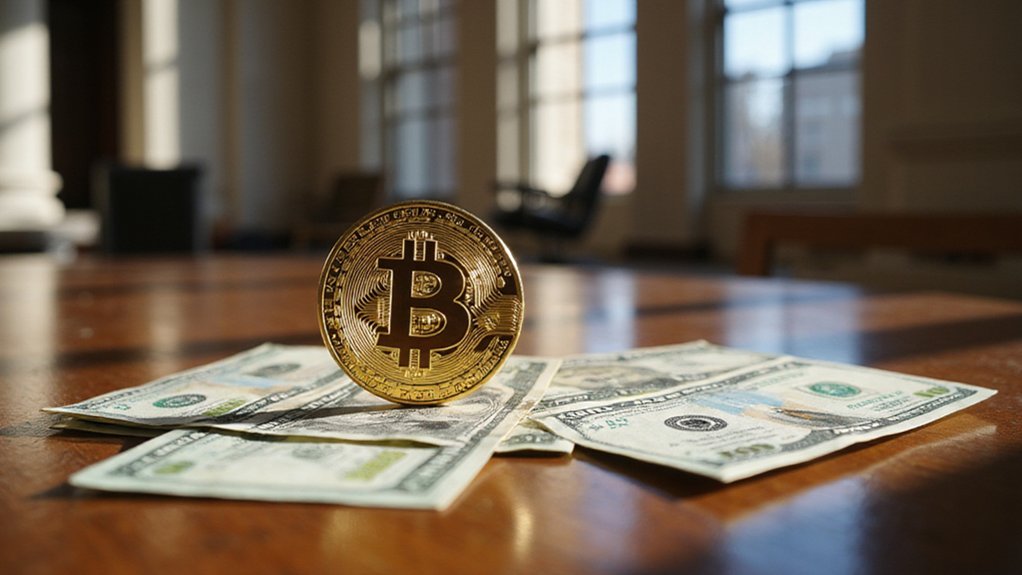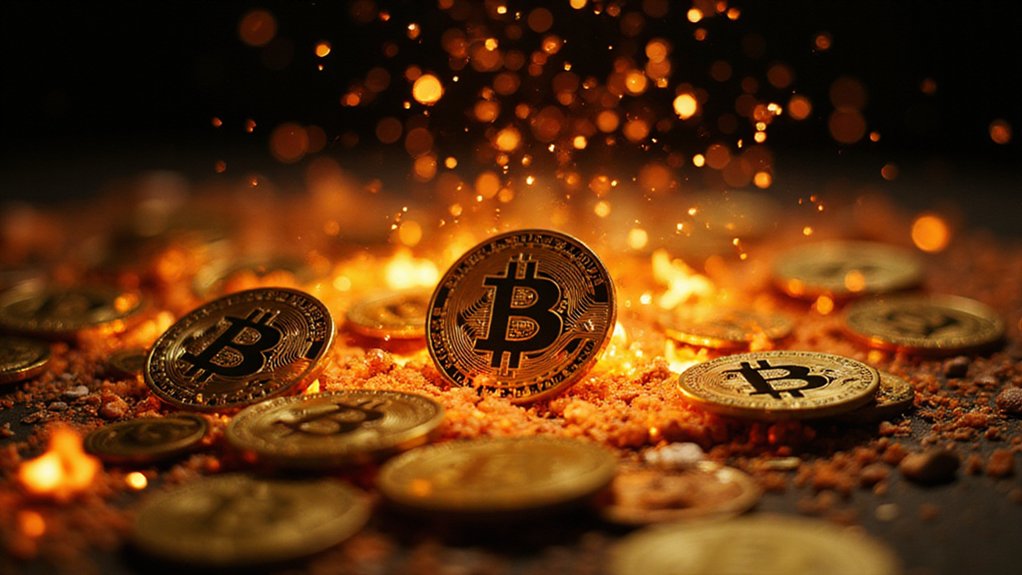While previous administrations treated cryptocurrency with the regulatory equivalent of a hazmat suit, President Trump has embraced digital assets with the fervor of a day trader discovering leverage for the first time. His January 23, 2025 executive order didn’t merely acknowledge cryptocurrency’s existence—it rolled out the red carpet, complete with a Strategic Bitcoin Reserve and enough regulatory rollbacks to make libertarians weep tears of joy.
The establishment of America’s first Strategic Bitcoin Reserve on March 6, 2025, represents perhaps the most audacious governmental pivot since Nixon abandoned the gold standard. Unlike traditional reserves backed by tangible assets, this initiative treats Bitcoin as a legitimate store of value, funded initially through criminal forfeitures (because apparently crime does pay, just not how criminals intended). Bitcoin’s unique characteristics, including its fixed supply of 21 million coins, make it particularly attractive as a reserve asset compared to traditional fiat currencies.
Crime’s ultimate irony: funding America’s Bitcoin reserve through seized digital assets—turning criminal cryptocurrency into government treasure.
The Treasury Department now finds itself in the peculiar position of hodling cryptocurrency with explicit instructions never to sell—a diamond hands approach that would make Reddit traders proud.
David Sacks, appointed as the administration’s “Crypto and AI Czar,” chairs a presidential working group that reads like a regulatory dream team, including heads of the SEC, CFTC, Treasury, and Commerce departments. This coordination represents a stark departure from the Biden administration’s enforcement-heavy approach, which treated crypto companies like tax evaders at an IRS audit. The working group must submit a comprehensive report to the President within 180 days outlining a regulatory framework for digital assets. The growing institutional adoption of cryptocurrency has been a key driver behind this shift toward more structured regulatory oversight.
The administration’s broader digital asset stockpile extends beyond Bitcoin, encompassing various cryptocurrencies acquired through government seizures. While the Bitcoin reserve operates under a strict no-sell policy, other digital assets remain subject to Treasury discretion—creating an interesting dichotomy between Bitcoin’s privileged status and its altcoin siblings.
Market participants have responded enthusiastically to this regulatory détente, though Trump’s personal crypto business interests have introduced political complications that Democrats haven’t hesitated to exploit. Vice President JD Vance’s public support signals high-level commitment, yet legislative progress remains hampered by concerns over potential conflicts of interest.
This extensive crypto embrace positions America as the self-proclaimed “crypto capital of the world”—a title that would have seemed impossibly absurd just years ago, when regulatory agencies viewed digital assets with the same enthusiasm typically reserved for pyramid schemes and timeshare presentations.
